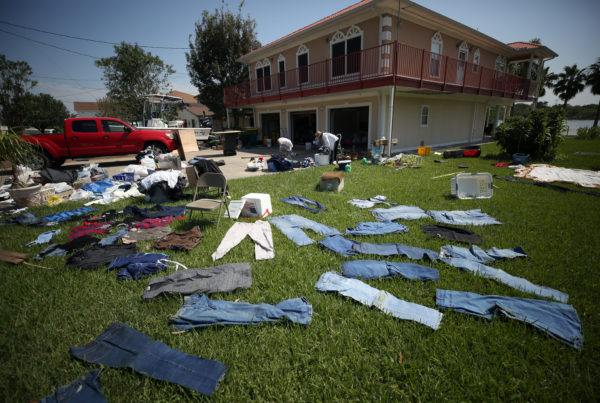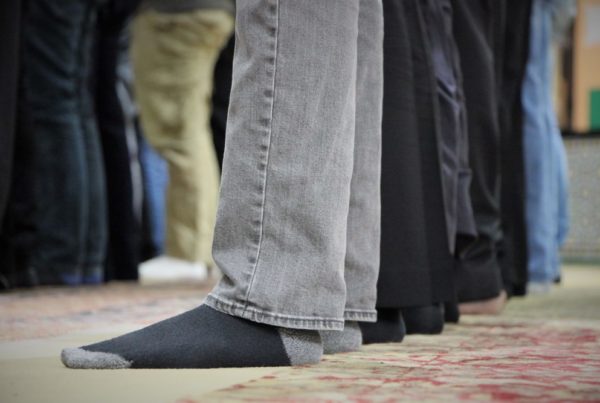The Mexican drug war has been raging for more than a decade between the Mexican government and drug cartels – ever since then-president Felipe Calderon declared a crackdown on narcos in December of 2006. Hundreds of thousands have died, and that’s not even counting the mass kidnappings, with innocent people disappearing without a trace.
Ariel Dulitzky has been looking into some of these disappearances. He’s a University of Texas law professor who was appointed in 2010 by the United Nations Human Rights Council to a working group investigating the increase in kidnappings. His new report looks into some of these disappearances.
Dultizky analyzed three trials in Texas against former Zeta members – one in Del Rio, one in San Antonio, and one in Austin – looking for information on the fate of people who have been kidnapped.
He says one major finding was the degree of violence used by the Zetas to control communities in Mexico.
“The other main finding – and this is very important – is the strong links between the Zetas and local authorities in Mexico,” he says. “We saw that through bribes and through coercion, authorities from the local municipal police going all the way up to some governors, according to the testimonies, receive bribes from the Zetas in order to let them operate freely.”
Dulitzky says the testimony also reveals that many of the weapons used by the Zetas in Mexico are bought in Texas.
“These are transnational situations that require both the U.S. and Mexican government to cooperate to deal with this issue,” he says.
Dulitzky says the trials he analyzed were focused on drug trafficking, money laundering, and arms trafficking – not really on human rights abuses.
“What we would like to see is a small concentration more focused on the human rights abuses, because that is what is producing a lot of suffering in Mexico,” he says. “There are hundreds of families still searching for their loved ones and we believe that if there is more emphasis on that humanitarian aspect of the security crisis in Mexico, that will be extremely useful.”
Written by Jen Rice.
















